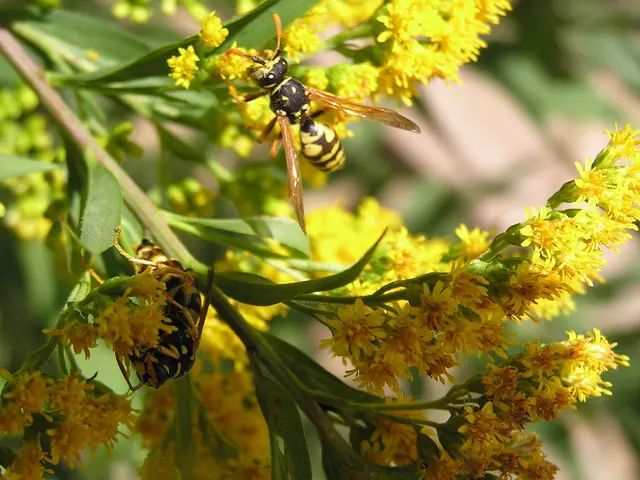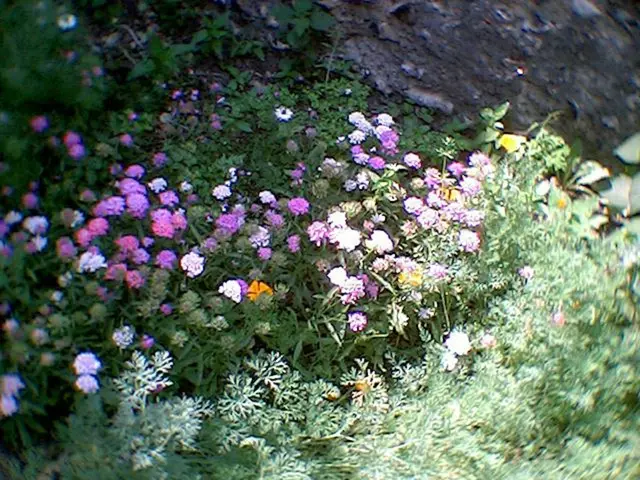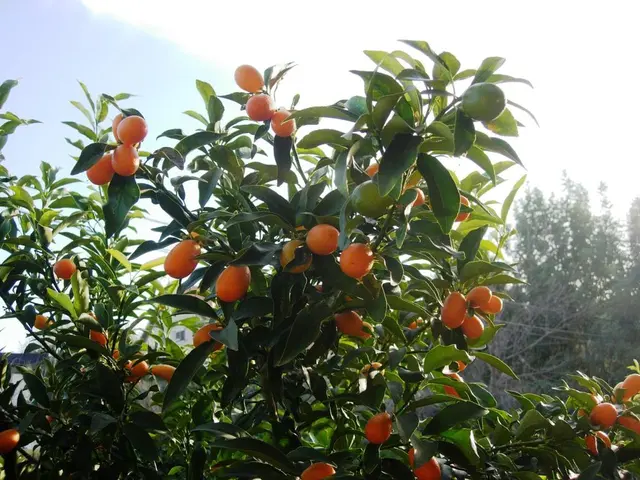Twelve Items That Gardening Professionals Advise Against Including in Compost Piles
Compost, often referred to as "gardener's gold," significantly enhances soil, transforming it into a rich reservoir of nutrients beneficial for plant growth. While turning food scraps and organic waste into nutrient-dense fertilizer is simple through composting, there are certain items you should steer clear of adding to your compost bin to ensure the safest and most effective compost. Here, we delve into the items that should never find a place in your home compost system, as shared by composting experts.
Meat and Bones: Although meat decomposes surprisingly well, it draws a great number of pests, such as flies, wildlife, and pets, drawn to the decomposing odors it releases. Moreover, bacteria accumulate during the decomposition process, which can pose health risks unless the composting process is properly heated (known as hot-composting). Additionally, bones can take years to break down, making meat and bones a no-go in your home compost system.
Dairy Products: Cheese, milk, yogurt, sour cream, and other dairy items emit a foul smell as they decompose and may attract pests, potentially causing health issues. One exception to this rule is eggshells, which are a rich source of calcium and a great addition to compost.
Oils and Fats: Like dairy products, oils and fats take a long time to break down and may remain in the compost for years. While they are technically capable of decomposition, the risks often outweigh the benefits, as these substances can disrupt the balance of the compost pile and potentially contaminate it.
Animal Waste: Pet waste, as well as feces from other animals, should never be added to a compost pile. Parasites such as roundworms, hookworms, and harmful bacteria can be present in animal waste, posing health risks to humans.
Processed Grain Products: Processed grain products like bread and pasta release a large amount of nitrogen, which is essential for decomposition. However, excessive nitrogen can disrupt the balance of your compost pile. Adding too many grains can lead to mold growth, so it's best to avoid composting large quantities of these ingredients.
Receipts Interlude: Receipts containing BPA and its derivatives, often found in thermal paper, should never be composted, as they can harm your garden.
Cardboard: While brown corrugated cardboard is excellent for composting, glossy and colorful cardboard should be avoided. The high-color gloss often contains heavy metals that could be detrimental to your garden.
Diseased Plant Material: Pathogens and pests may survive in diseased plant material, posing a threat to your garden or farm, as achieving high temperatures to effectively kill these organisms is often not feasible in a home composting system.
Charcoal Ash: While small quantities of wood-burning stove ashes can be added to your compost pile, ash from charcoal or coal should be avoided because of their high sulfur content, which can be harmful to plants.
Compostable Plastic: Although this type of plastic can technically be composted, it will not break down in a home compost pile in a reasonable amount of time. It is best to avoid composting this type of plastic and instead dispose of it in a commercial composter or properly recycle it.
Avocado Peel: Composting avocado peels takes a long time and consumes valuable space in your compost pile, so it might be best to discard these peels rather than composting them. You can expedite the decomposition process by chopping the peels into smaller pieces.
Citrus: Although citrus is safe to add to both static and hot compost piles (as long as it is turned regularly to maintain aeration), citrus peels take a long time to break down, so it is suggested to avoid composting them overall. By following these guidelines and avoiding the items outlined above, you can help maintain a healthy and balanced compost pile that is free from pests and pathogens, ensuring a valuable resource for your garden.
Martha Stewart strongly advocates for proper composting practices, which exclude meat and bones due to their ability to attract pests and prolonged decomposition time. In her garden, she avoids adding dairy products to the compost bin due to the foul odors and potential health hazards they pose.








